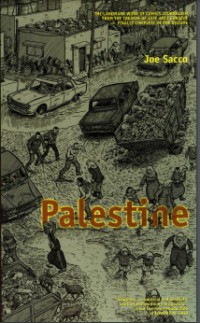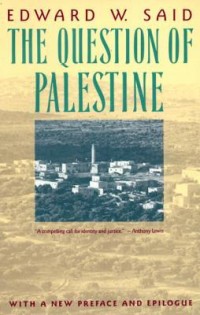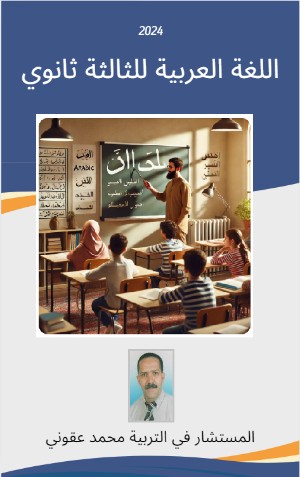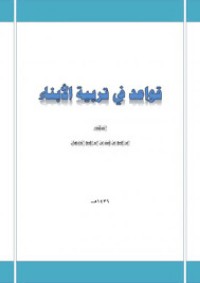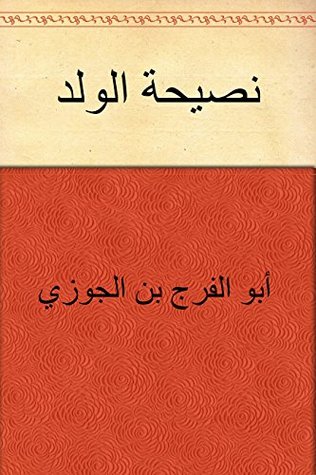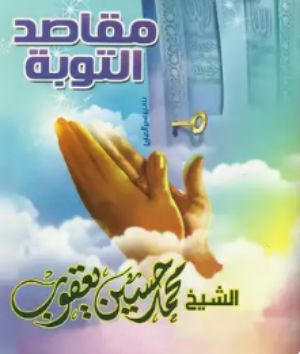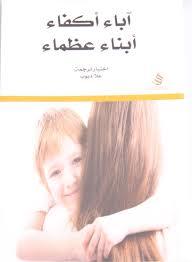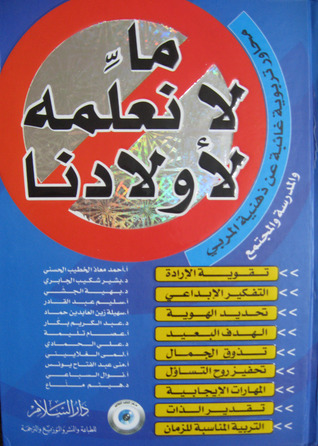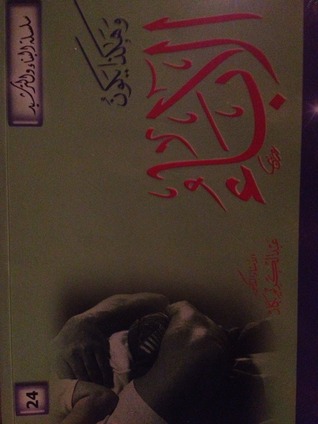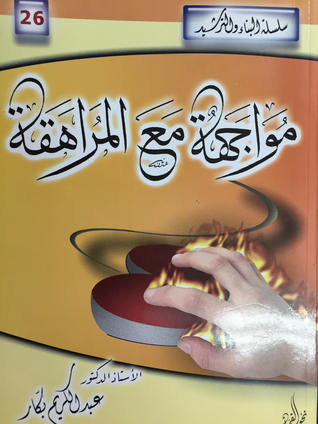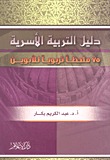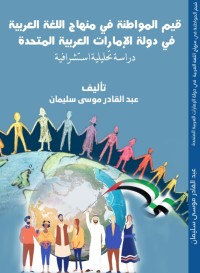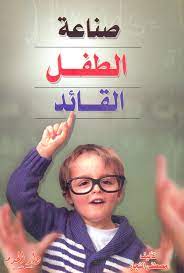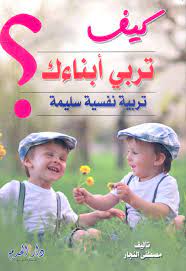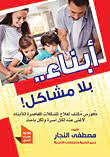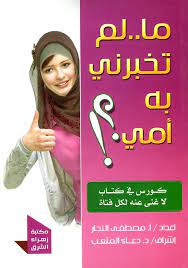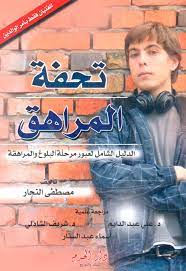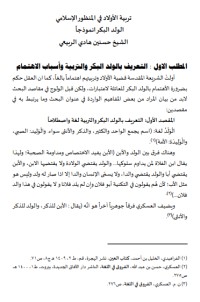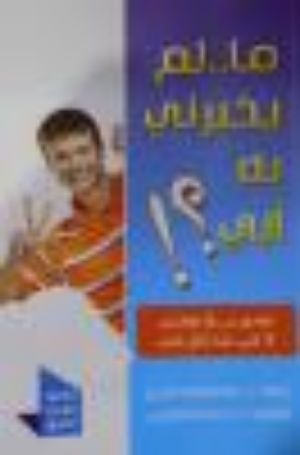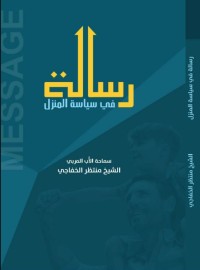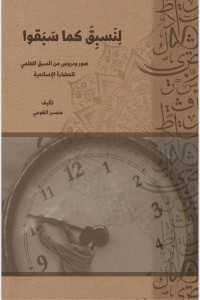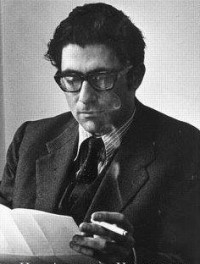
On the University by Edward W. Said.."It comes, finally, to two images for inhabiting the academic and cultural space provided by the university. On the one hand, authority is there in order to reign and hold sway. Here, in such a conception of academic space, the academic professional and the public authority is the sultan and potentate. In that form, teaching teaches students not to question, but to follow authority, not to be skeptical-which is to continue searching-but to cling to dogma. The other model is considerably more mobile, more playful, although no less serious
. The image of traveler depends not on power, but on motion, on a willingness to go into different worlds,
use different idioms, understand a variety of disguises, masks, rhetorics, and be free to do so, and to be critical, to think for oneself. Travelers must suspend the claim of customary routine, in order to live in new rhythms and rituals. Most of all, and most unlike the sultan who must guard only one place and defend its frontiers, the traveler crosses over, traverses territory, abandons fixed positions, all the time. To do this with dedication and love, as well as a realistic sense of the terrain, is, I believe, academic freedom at
its highest, since one of its main features is that you can leave authority and dogma to the sultan. Academic freedom is risk and danger. It means allowing oneself a few years where the conventions of society are suspended, so that the search for knowledge can go on for the love of knowledge alone. To be a life-long member in
the academic world, as you new graduates and your teachers are, is therefore to enter a ceaseless quest for principles and knowledge, liberation, and finally justice.




